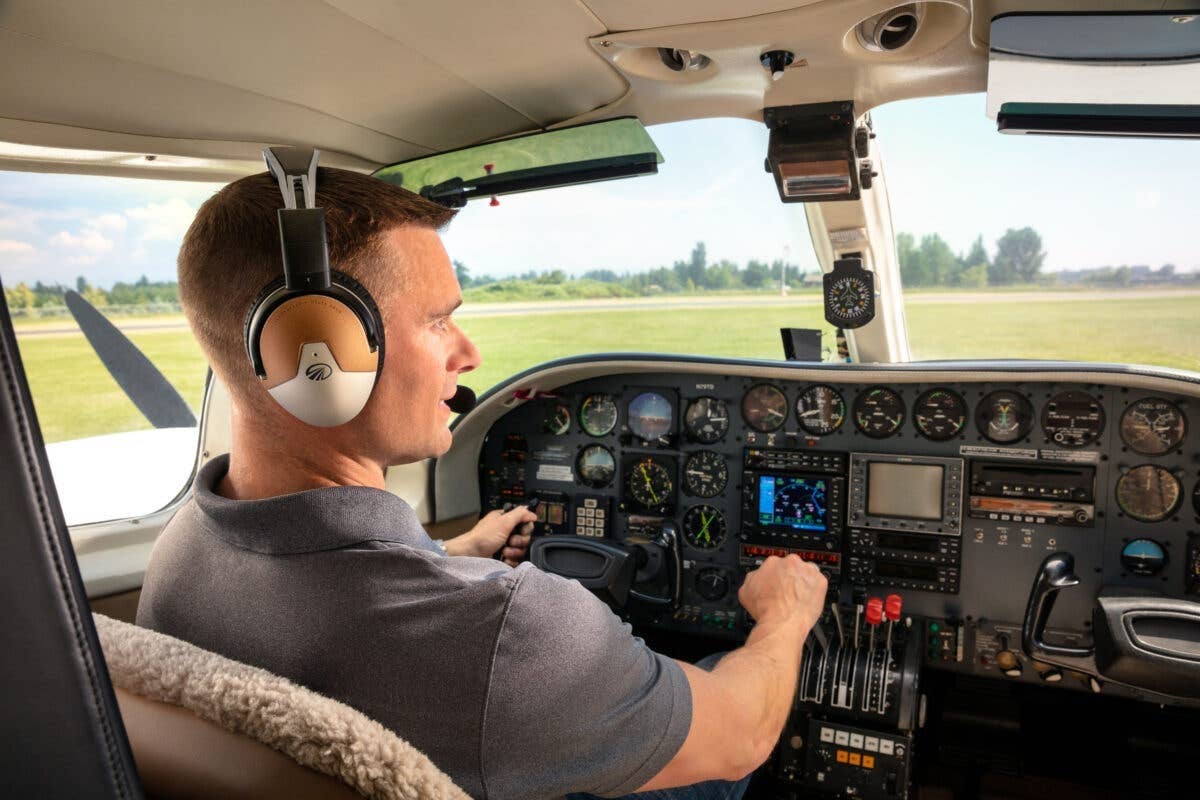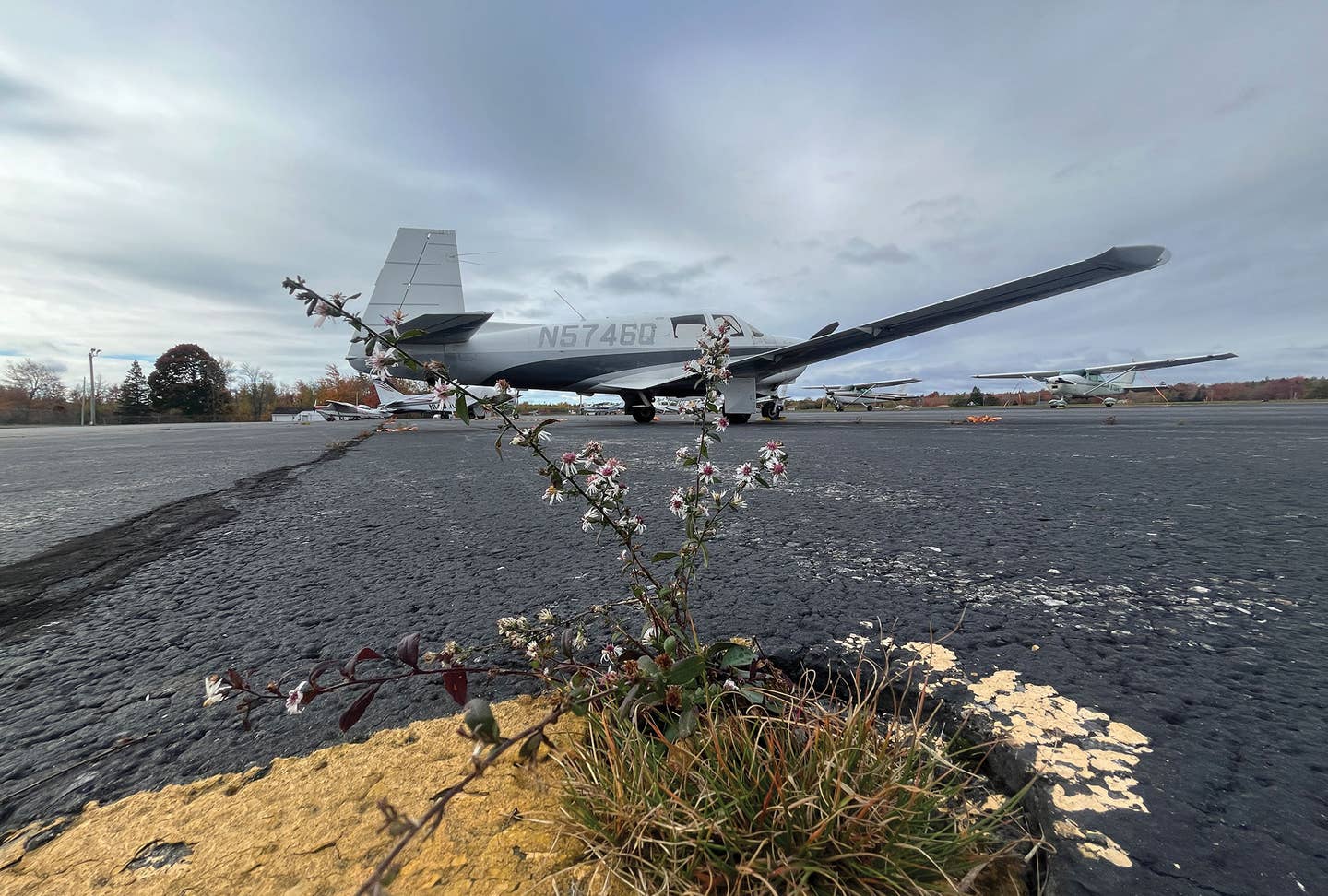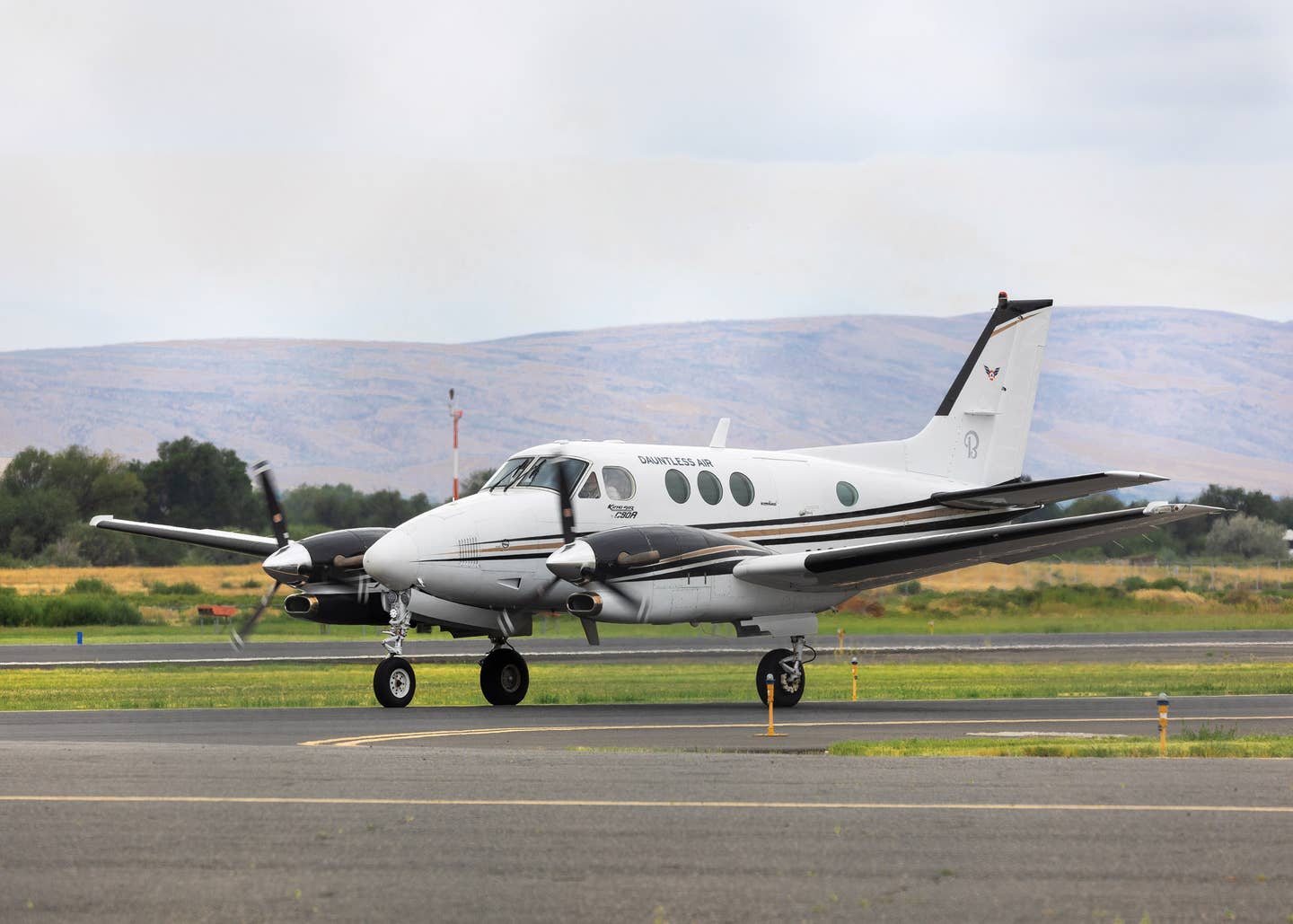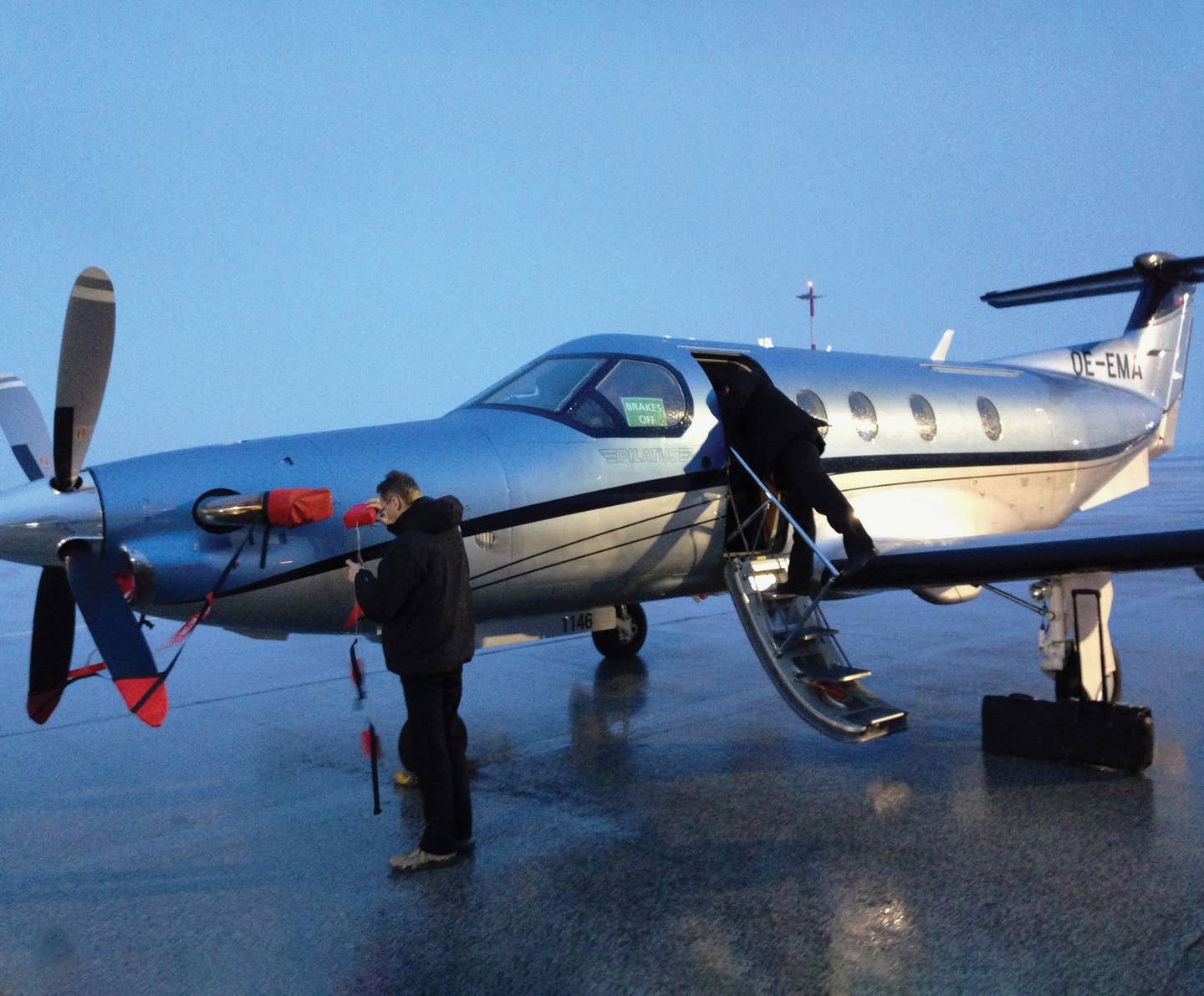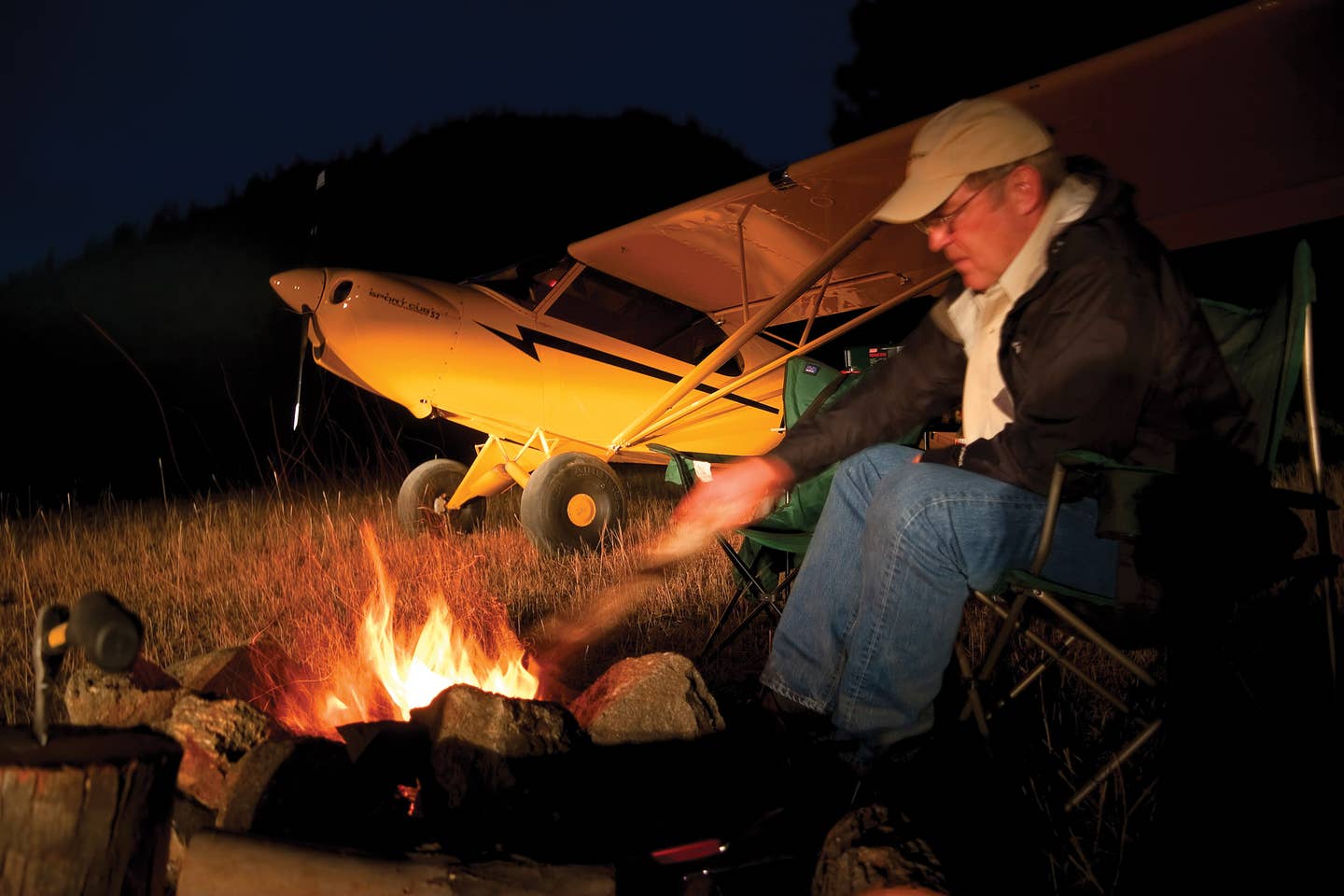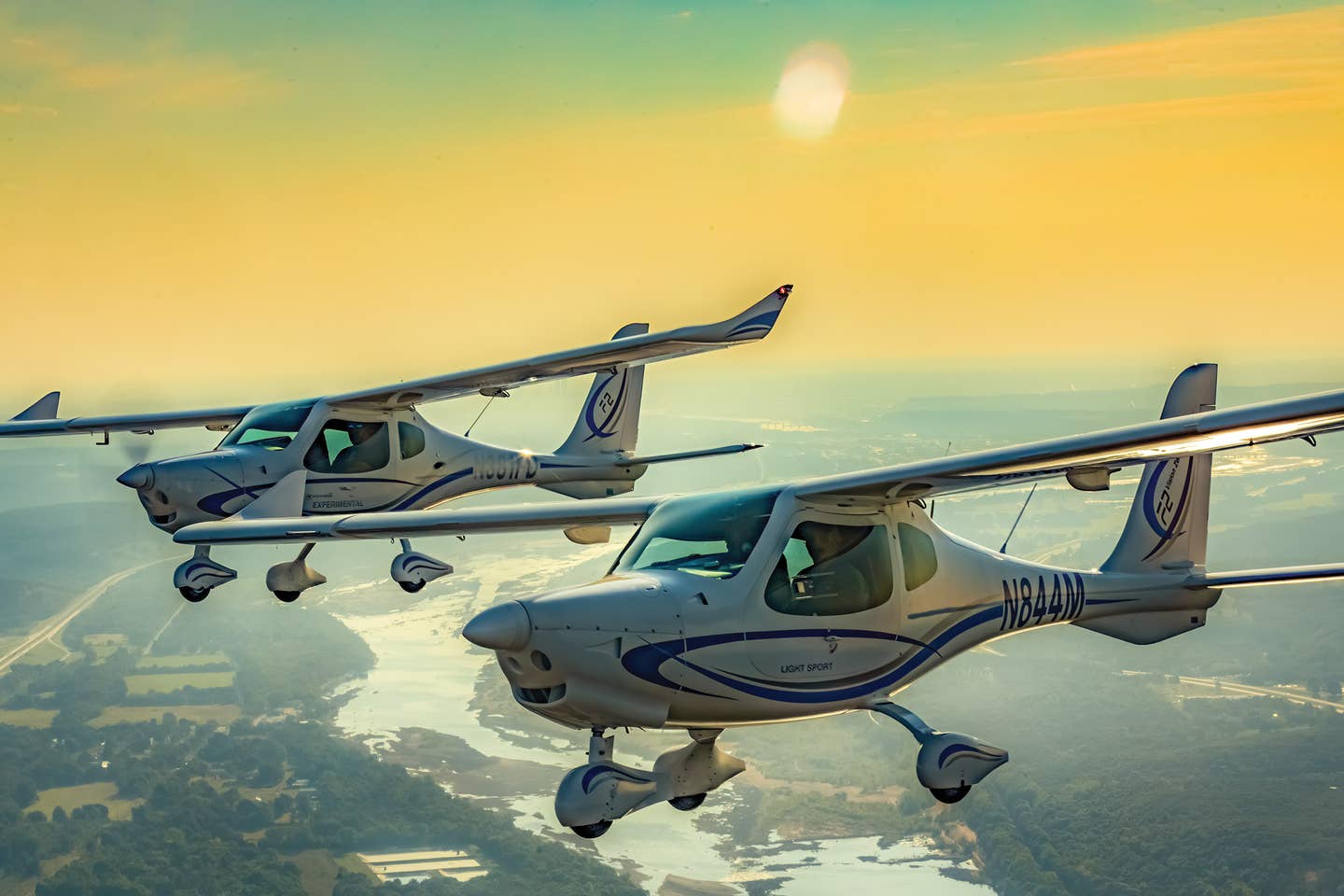Dead Reckoning Or Pilotage?
Life isn’t a destination. It’s a series of checkpoints.
 |
Before GPS revolutionized just about everything, most of us old-timey pilot types used either dead reckoning or pilotage (and some of us still do). Or a combination of the two. While the two techniques overlap in some areas, at their core they approach cross-country flights in totally different ways, and those differences often mirror how some of us look at life, in general.
Dead reckoning means you draw a straight line to your destination, check the winds, pick a compass heading ("compass" is that round thing on the panel you're supposed to be looking at but don't because you have GPS) and go. Of course, "pick a compass heading" isn't quite as simple as it sounds. You spend a lot of time analyzing the winds, magnetic variation, compass deviation, what you had for breakfast that morning and everything else that might affect the exact compass heading that will get you to your destination. Then you nail that heading and basically hold it for the duration. You're on your way.
Pilotage is like short spurts of dead reckoning: You're actually flying short cross-countries that stretch from checkpoint to checkpoint, and your thumb on the sectional is following your progress every step of the way, making sure that lake, this crossroads, etc., is on your course line. If it isn't, you change headings slightly. You always know for a fact where you are in relation to ground features so you're never truly lost.
It's the "!never truly lost" thing that differentiates the two concepts and says what kind of an adventurer you are. Are you someone who's willing to throw caution to the wind (literally) and hold a heading, ignoring your surroundings in favor of a firm belief in your compass and your planning? Or are you someone who likes the one-foot-on-the-ground feeling of always knowing exactly where you are by following landmarks?
I used to have a friend who would fly halfway across the country using absolutely nothing but dead reckoning. I remember him taking off with a glider in tow on top of a solid cloud deck with no VOR. He knew only that his destination on the other side of the clouds was in clear air and he'd have plenty of fuel left when he got there. Enroute, he could only guess where he was by using time-distance estimates.
I also remember stories of a famous aviatrix in the '60's who routinely left Europe heading for the colonies non-stop in her Bonanza that was stuffed to the gunwhales with extra fuel tanks. She did very little planning and her only navaid was a compass. She'd nail her compass on a specific heading figuring that she couldn't possibly miss North America, then relaxed and read a book or something. When America showed up, she'd make a wild guess as to whether to turn right or left at the coast and flew until she recognized something. Makes me shiver to think about it.
I'll bet when you get to know folks who do those kinds of things, you'll find they conduct their lives pretty much the same way. At some point they decided what kind of life they were going to lead and took off living that way. They'd let the winds of change and chance happenings bend their life course but they'd keep their minds pointed in the same general direction so they were always making progress toward their original goal. Their course may have curved around a bit, but it always came back on point with their eventual goal centered straight ahead. Lots of us can't do that.
First, many of us are incapable of picking a given destination for our life. We have no specific place we want to be at a given time. And if you don't know where you're going, you can't pick a heading. Besides, one thought constantly nags at us: If you do pick a given heading, what do you do, if you arrive at your destination and don't like it?
Lots of us go through life bouncing from checkpoint to checkpoint because we're not very adventurous: We like to know where we are and what kind of progress we're making every inch of the way. I, for one, positively hate that worrisome feeling that settles into the back of your mind when, although you know you're not lost, you don't know exactly where you are either. For that reason, I always keep my personal checkpoints, my goals, close enough together that I can't get off course very far, no matter what happens. With that kind of thinking, if we just kept on keepin' on, we'll make it through to the next checkpoint.
A lot of us also can't do pure dead reckoning on a cross-country because we like poking our noses into strange airports along the way just to see what we can see. Visualizing a long trip as a series of very short hops lets us do that. My own curiosity won't let me overfly an inviting-looking grass runway without at least making a low pass down its centerline. And this is pretty much the way a lot of us see life: There are far too many cool distractions along the way to stick to a given course. It's probably a form of ADD. but it's fun. And it's interesting. But, of course, it takes folks like me a lot longer to get where we're going. However, since we don't really know where we're going in the first place, our ETA isn't worth worrying about. We'll get there, when we get there.
I guess what I'm saying is that for a lot of us, the destination doesn't really matter: It's the journey that counts.

Subscribe to Our Newsletter
Get the latest Plane & Pilot Magazine stories delivered directly to your inbox

